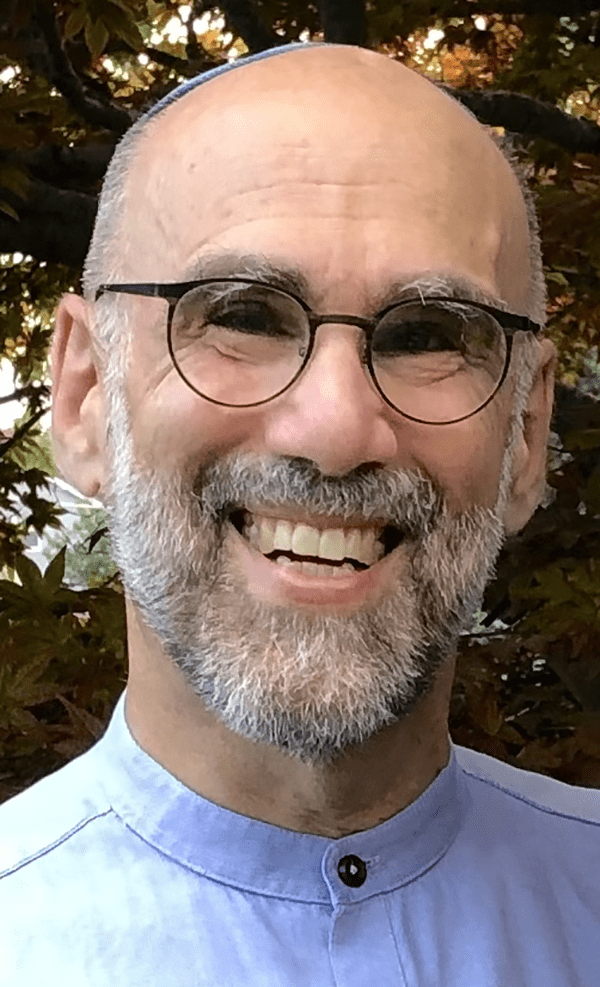February 2024
Judaism offers several blessings relating to separation: when “taking challa” — removing a small lump of dough from a reasonably considerable amount you’re using to bake bread; when a parent relinquishes responsibility (at least formulaically) for certain religious expectations of a child who has attained the age of mitzvot; when distinguishing between Shabbat and a weekday or Shabbat and a festival (chag) day.
Havdala (separation), the ceremony for returning from the sacred time of Shabbat to ordinary hours, includes prefatory verses and several blessings (over wine, sweet scent, light). The final blessing notes several pairs of contrasts: sacred/temporal, light/dark, Israel/everyone else, the seventh day of rest/work time.
Havdala closes with a reprise of the essential separation we are marking, that between the sacred and quotidian.
בָּרוּךְ אַתָּה יי הַמַבְדִּיל בֵּין קֹדֶשׁ לְחוֹל
baruch atta adonai hamavdil bein kodesh l’chol
Praised are You, Adonai, for distinguishing sacred from profane.
(When a festival immediately follows Shabbat, the bracha language — bein kodesh l’kodesh — recognizes different types of sacred time.)
There is no value judgment in this blessing of separation; it simply enables us to acknowledge and appreciate that there is (or should be) a difference. And, perhaps, encourage us to eagerly anticipate the next opportunity to enter the portal of sacred time, however temporary it will inevitably be.



